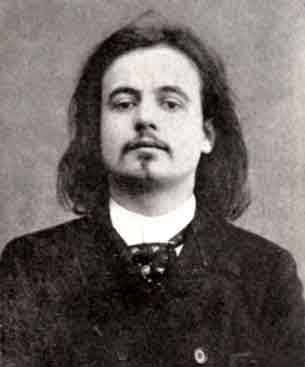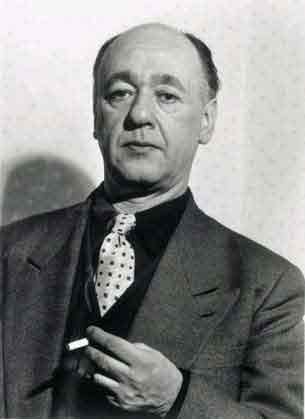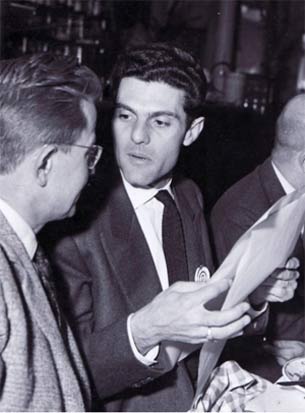Julien Torma (1902–1933) is an enigmatic and almost legendary figure in French literature, often considered a “cursed” author and associated with the Pataphysical movement. His life and works are shrouded in mystery, and despite his alleged early death at the age of 30, some theories suggest that his very existence might have been a literary or artistic invention.
Who Was Julien Torma?
Torma is generally described as a French poet, writer, and playwright. His published works, though scarce and little known, are considered particularly innovative and experimental, characterized by a streak of surrealism and rebellion against the literary conventions of his time.
Key aspects of Julien Torma:
- He wrote works marked by dark humor, linguistic playfulness, and a subversive approach to writing.
- Among his main works are Euphorismes and Le Bétrou.
- He is known for rejecting conventional literary and artistic institutions.
His alleged death occurred under mysterious circumstances: he is said to have disappeared in the mountains of Tyrol in 1933, but the lack of concrete evidence has fueled his legend.
Julien Torma and Pataphysics
Pataphysics, founded by Alfred Jarry, is the “science of imaginary solutions” that explores exceptions and possibilities beyond conventional reality. Torma was posthumously associated with this movement, which aligns perfectly with the bizarre and rebellious nature of his work.
The connection between Torma and Pataphysics:
- Torma was declared one of the “Patron Saints” of the Collège de ‘Pataphysique, an institution created to celebrate and develop Pataphysical thought.
- His works, filled with paradoxes and absurdities, embody the spirit of Pataphysics, where imagination and intellectual play surpass the rules of traditional logic.
- His status as a “mythical” figure and the possibility that he was a literary invention make him a perfect example of the Pataphysical concept of alternative reality.
Torma thus represents a key figure, whether real or imagined, in a movement that celebrates the absurd, the exception, and invention.
| French and Francophone literature |
|---|
| by category |
| History |
| Movements |
| Writers |
| Countries and regions |
| Portals |
Julien Torma | |
|---|---|
 Picture of Julien Torma | |
| Born | 6 April 1902 |
| Disappeared | February 17, 1933 (aged 30) Tyrol, Austria |
| Occupation(s) | Poet, writer, playwright |
| Known for | Possibly never existing |
Julien Torma (Cambrai, 6 April 1902 – Tyrol, 17 February 1933) was credited as a French writer, playwright and poet who was part of the Dadaist movement.
Torma disappeared in the mountains of the Tyrol at the age of 30.[citation needed] Due to his secretive behaviour and the impossibility of verifying the supposed details of his life (i.e. no living or known family members and every writer he supposedly knew having died long before the publication of his posthumous books – if they are by the author of the early books, no professional career, no fixed address, his body having never been recovered, etc.), it has been suggested by some, including Jean-François Jeandillou, that Torma's existence may be fictitious.[1] His purported birthday, 6 April, is marked as "the birthday of pataphysics" in the "pataphysics calendar". The real writer who authored the first four publications and Porte battantes would have had to be using a pen name, as, according to the French institute for statistics INSEE, only three Torma births have been recorded in France since 1891, all between 1941 and 1965.[citation needed]
Publications
- The Obscure Lamp (1919)
- The Big Troche (1925)
- Cuts (1926)
- Euphorisms (1926)
Posthumous publications
- Lebordelamer (1955)
- Le Bétrou (1955)
- Porte Battante (1963)
- Grabuge (1998)
- Definitively incomplete writings (2003)
See also
Notes
- ^ Michel Corvin. Essai d'interprétation d'une mystification Littéraire.
References
- 4 Dada Suicides: Selected Texts of Arthur Cravan, Jacques Rigaut, Julien Torma & Jacques Vache (Anti-Classics of Dada) by Torma, Jacques Rigaut, Jacques Vache, and Arthur Cravan. Edited by Roger Conover, Terry J. Hale, Paul Lenti and Iain White. (1995) Atlas Press; ISBN 0-947757-74-0
- Julien Torma in Paris






